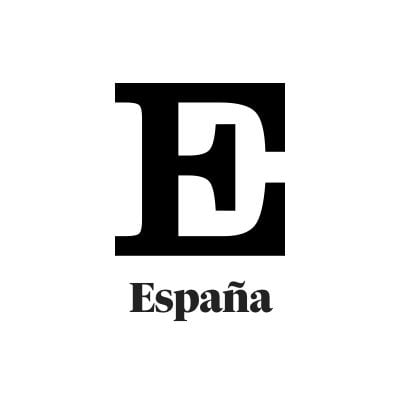This Monday’s political news is highlighted by the start of the last week of the campaign in Catalonia and the appearance of former Minister of Transport José Luis Ábalos at the Senate investigation committee on the Koldo case, a corruption scandal involving the purchase of masks around Koldo García, his right-hand man. Following the testimony of the former advisor, PSC leader Salvador Illa, and PSOE organization secretary Santos Cerdán, Ábalos will now face questions about the scandal that took place under his watch and involved contracts with other administrations. The campaign in Catalonia is entering its final stretch, with Illa currently leading in the polls ahead of Junts, the party led by ex-president Carles Puigdemont, who is gaining support at the expense of ERC.
In other news, Russian opposition leader Alexei Navalny returned to Moscow after months of recovery in Germany following an assassination attempt with a nerve agent. Upon arrival, Navalny was promptly arrested by Russian authorities, sparking international condemnation and calls for his release. Navalny’s arrest has led to protests across Russia and a crackdown by Russian police on demonstrators, resulting in hundreds of arrests. The European Union has also expressed concern over Navalny’s treatment and called for his immediate release.
Meanwhile, in the United States, President Joe Biden has wasted no time in signing a series of executive orders aimed at reversing key policies implemented by his predecessor, Donald Trump. Biden signed orders rejoining the Paris Climate Agreement and the World Health Organization, halting the construction of the border wall with Mexico, and ending the travel ban from predominantly Muslim countries. These actions are part of the new administration’s efforts to undo Trump’s legacy and enact its own agenda on issues such as climate change, immigration, and healthcare.
Turning to the economic front, the global stock markets have been volatile in response to the ongoing COVID-19 pandemic and its impact on the economy. Investors are closely monitoring the rollout of vaccines and government stimulus efforts to gauge the pace of economic recovery. Uncertainty remains high as new coronavirus variants emerge and countries grapple with rising infection rates and renewed lockdown measures. Central banks around the world are maintaining accommodative monetary policies to support economic growth and mitigate the pandemic’s effects on businesses and households.
In Latin America, political turmoil continues in countries such as Venezuela, where President Nicolás Maduro recently announced plans for parliamentary elections in the midst of a deepening economic crisis and international sanctions. Opposition parties have faced challenges in participating in the elections, leading to concerns about the legitimacy of the process. In neighboring Colombia, protests have erupted over issues such as police brutality, economic inequality, and the government’s handling of the COVID-19 pandemic. The demonstrations have seen clashes between protesters and security forces, with calls for social and political reforms growing louder in the face of mounting discontent.
In conclusion, the political landscape remains turbulent around the world, with key developments unfolding in Catalonia, Russia, the United States, and Latin America. From corruption scandals and protests to executive orders and economic uncertainty, the challenges facing governments and societies are diverse and complex. As leaders and citizens navigate these turbulent times, the need for transparency, accountability, and dialogue becomes increasingly important in addressing the pressing issues at hand and shaping a more stable and inclusive future for all.


